Grace and Grit
Born an ordinary woman, Lilly Ledbetter will stand throughout history as an extraordinary champion for equal pay for equal work.
Shortly after President Obama signed the Lilly Ledbetter Fair Pay Act into law in 2009, I called Lilly Ledbetter to interview her for an article. “I’m up to my knees in alligators,” she said and hung up.
The world was on Lilly’s doorstep, and who was I? Nobody. But I called her back, and even though she was being inundated with calls from reporters, we met at a restaurant, the Classic on Noble in Anniston, and she let me write an article about the travails of being a pioneer in the women's rights movement. When she decided to write a book, she had faith in me as a southern writer to tell her story. From the moment we started working together, wherever we went, she always introduced me as “my writer.”
Writing Lilly’s memoir, I wanted to answer the question: why does Lilly have a law named after her when unfair pay for women is a universal problem?

Lilly and I spent hours, days, years together, exploring her life experiences—what shaped her, how she survived, how she overcame obstacles most of us couldn’t. She was kind, smart, tough and stoic.
I’ll never forget the day she decided she could trust me. She was standing next to her grandfather’s headstone in Possum Trot, Alabama, looking across the way at the ridge when she said, “My grandfather Tot tried to kill my dog Buzz once, but Edna backed him down with the butcher knife.” I knew then she could share with me her vulnerabilities and her hardships. She was one of the Greatest Generation and had no patience for our Jerry Springer tell-all culture. What mattered to her was not her tale of woe, but what she did about it.
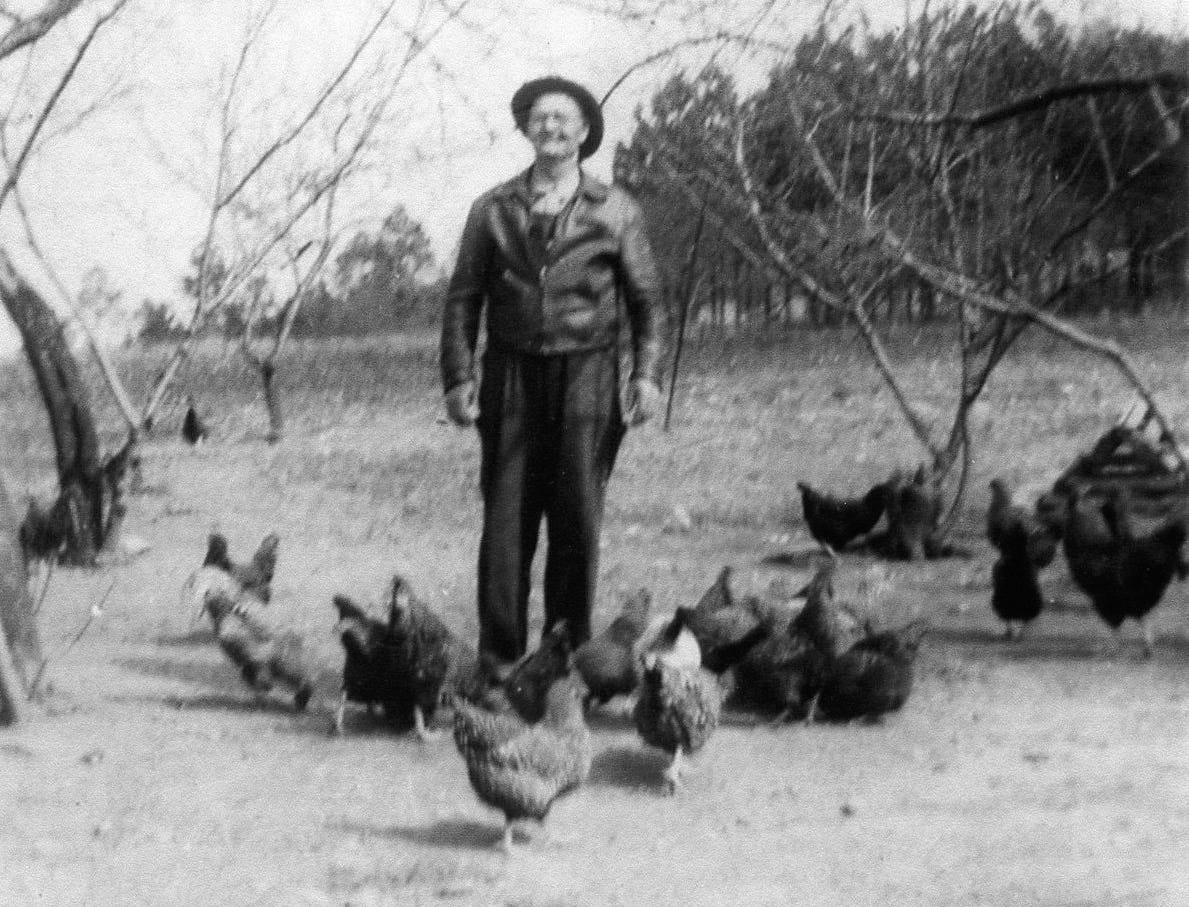
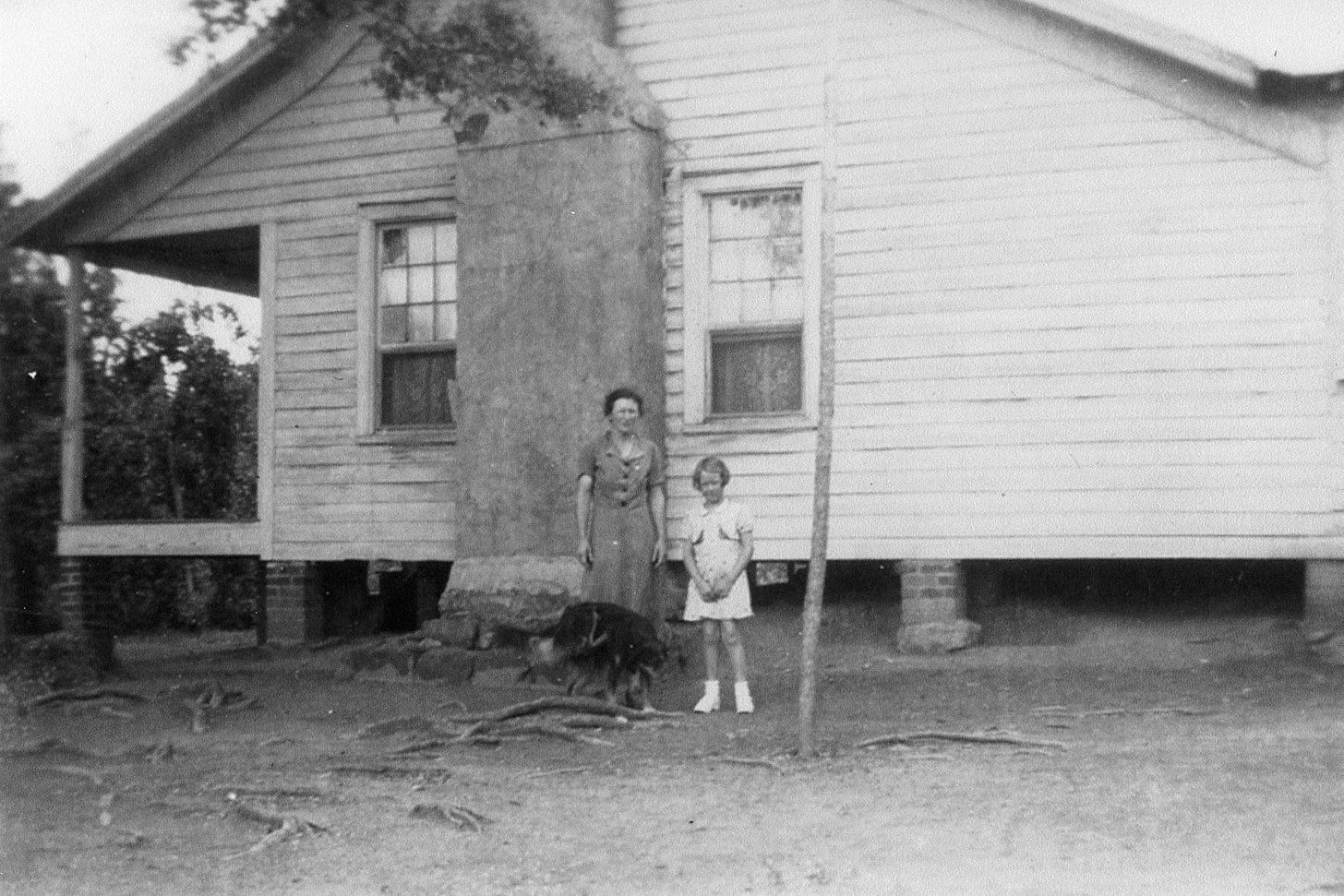
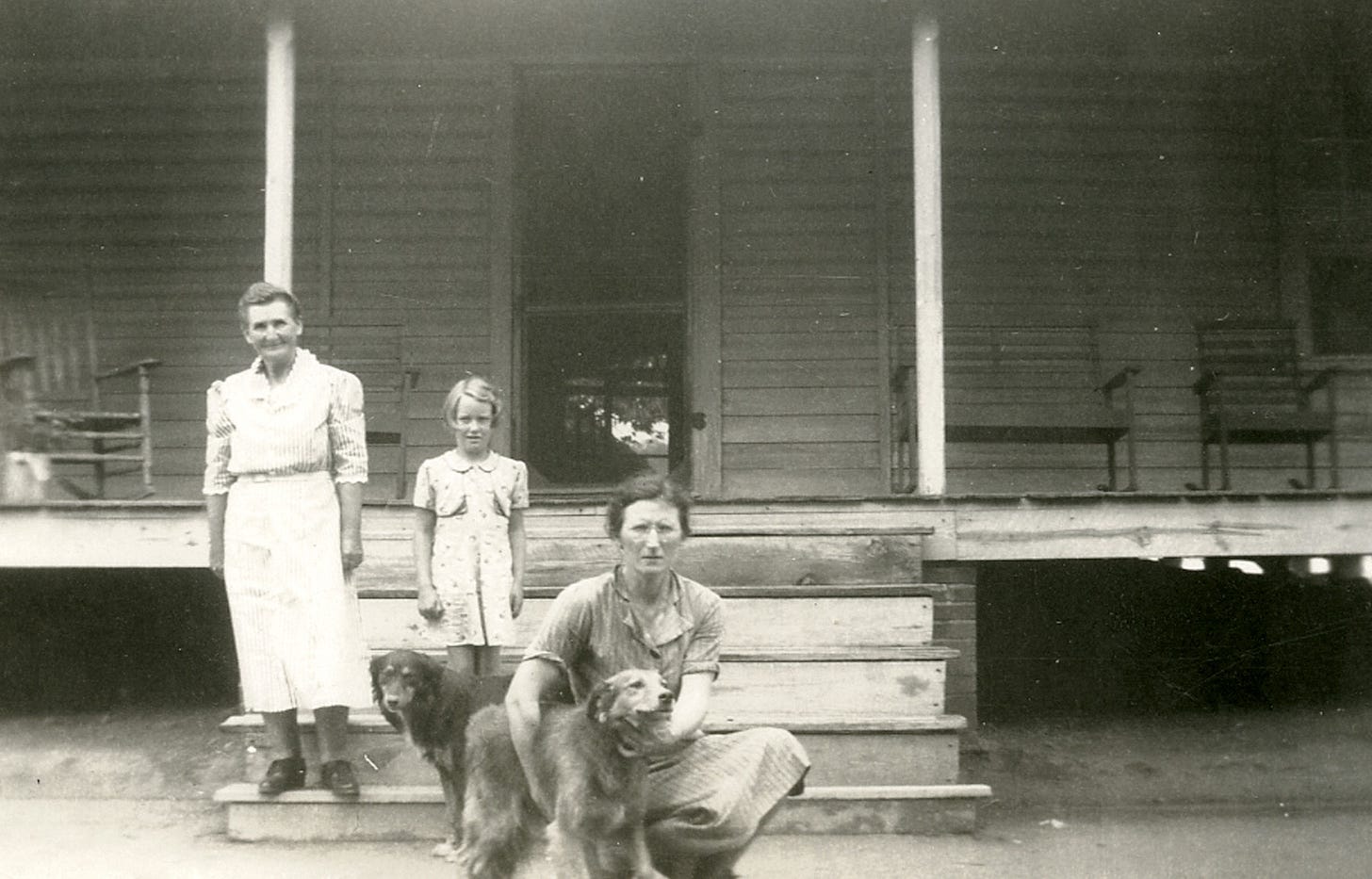
Lilly grew up in a house without running water or electricity and had only a high school education. Her clothes were sewn from feed sacks. As a child, she picked cotton, backbreaking labor she hated. Despite the challenges she faced growing up in the pre-civil rights South, she never let a setback overcome her hopes and dreams. As a young girl, when she couldn’t afford a cheerleading outfit, she raised money selling baked goods—and picking more cotton.
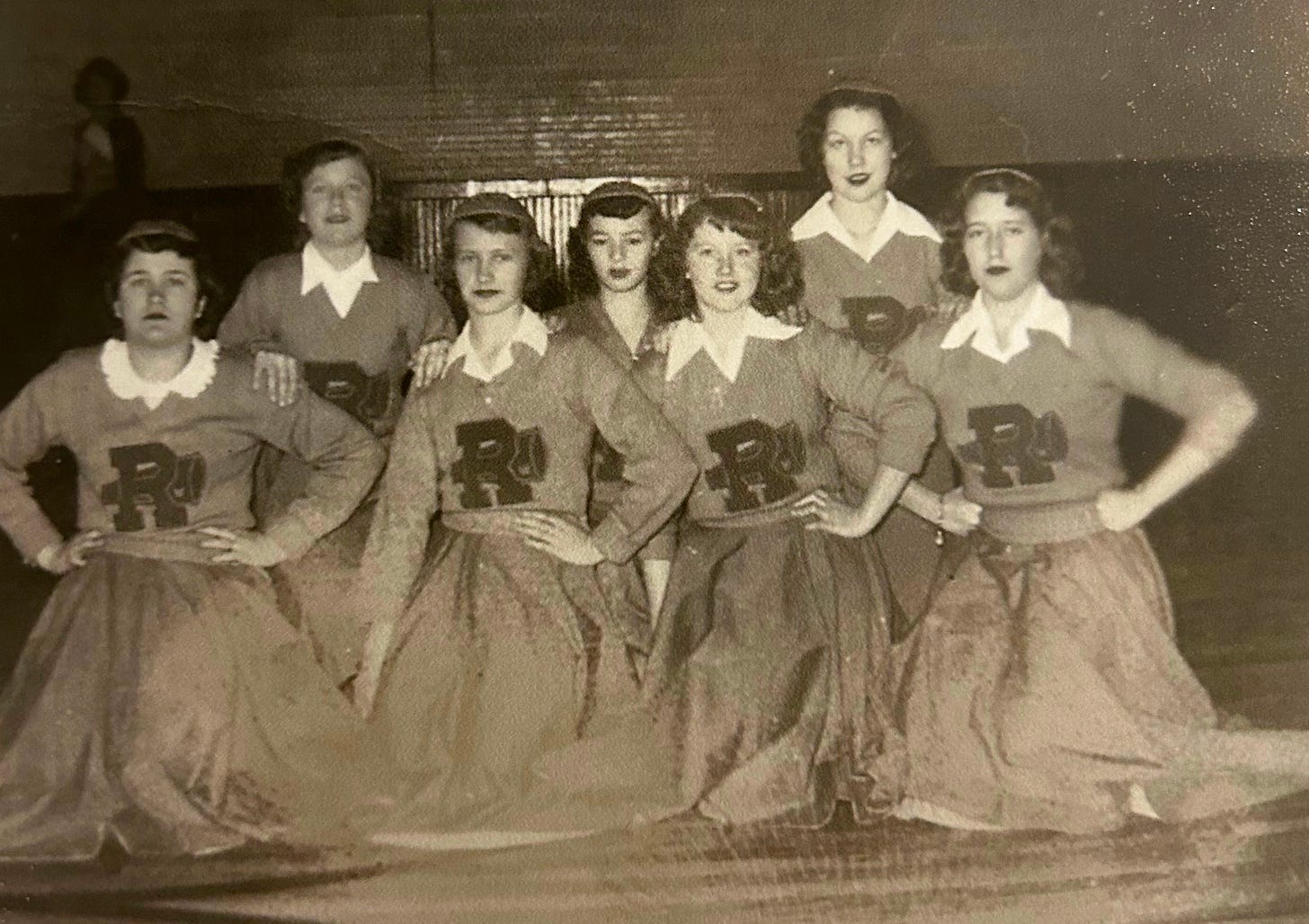

She married her high school sweetheart and driven by a desire for a better life for her family, she worked hard. In 1979, she took a job as a manager at the Goodyear Tire plant in Gadsden, Alabama, near her hometown of Jacksonville, and worked there for almost 20 years. Imagine 1979 in north Alabama at Goodyear, a man’s world and the best-paying job in town, where generations of fathers and sons, cousins and neighbors, have worked together. They wanted no part of women and Blacks coming into their world and telling them what to do.

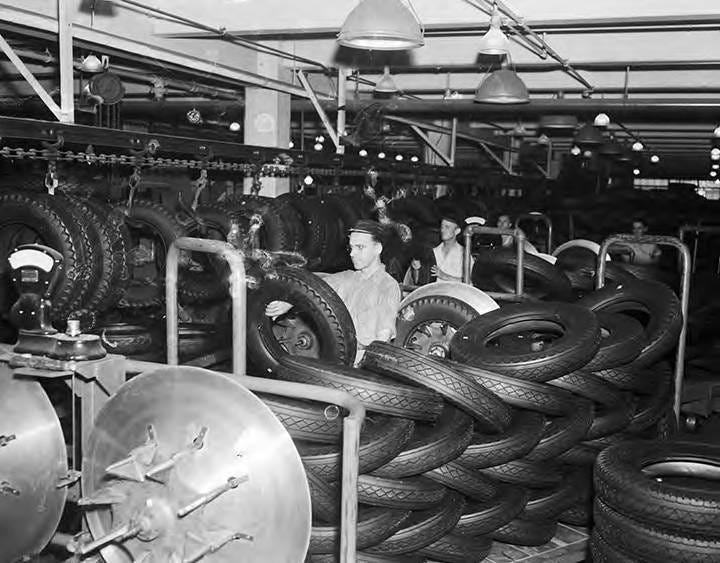

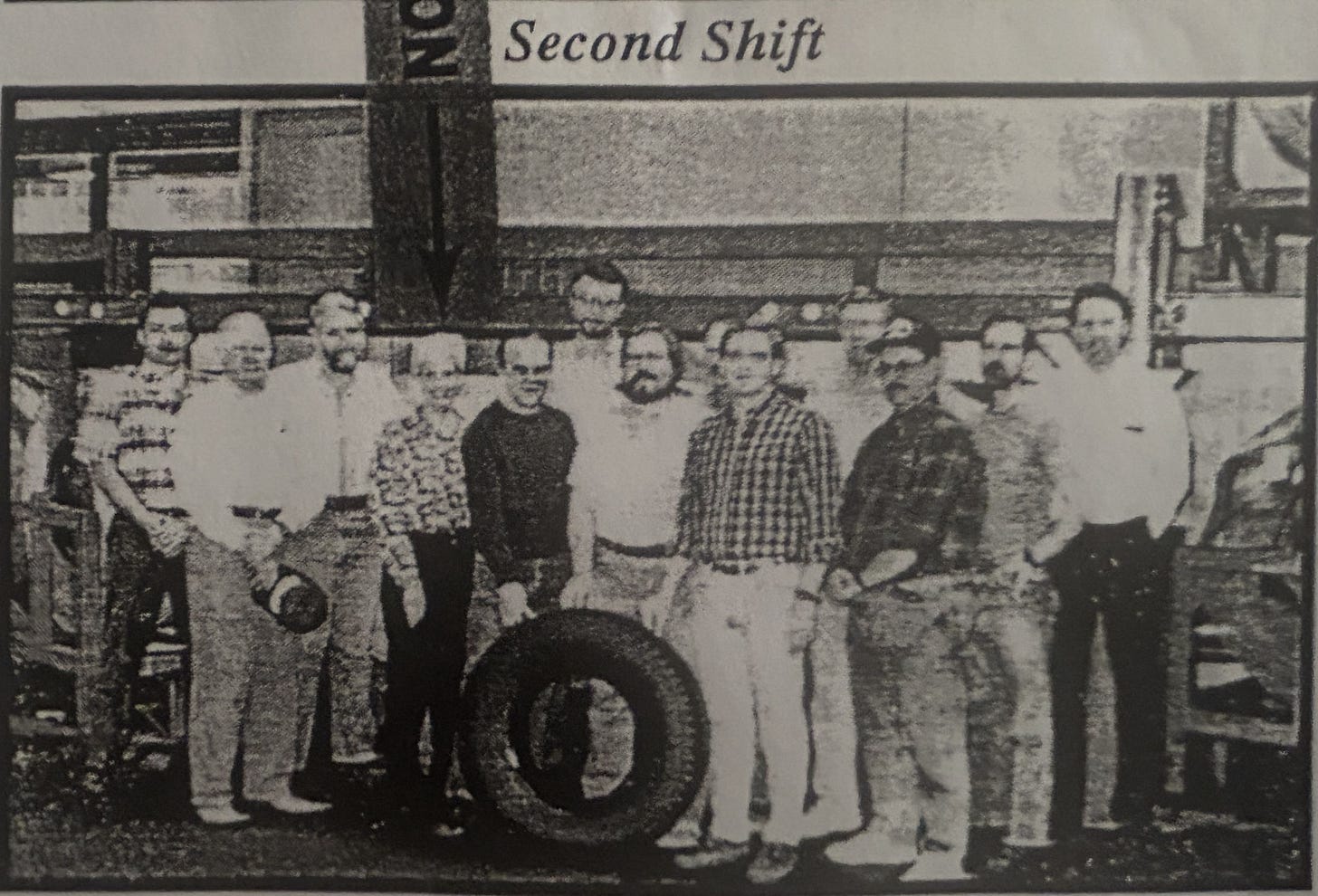
Throughout almost two decades at Goodyear, Lilly endured the grueling environment of a tire manufacturing plant and a gauntlet of harassment. At the end of her career, when she found the note that indicated she was being paid less than the male managers, she stood up for herself, filed a lawsuit and never gave up. The jury in north Alabama awarded her almost $4 million, but she lost on Goodyear’s appeal through a narrow interpretation of the Paycheck Accrual Act. She and her legal team beat the odds by making it to the Supreme Court, which also ruled against her. During the decade long fight, she never lost faith.
Emboldened by Ruth Bader Ginsburg’s dissent, she took her case to the halls of Congress, along with a groundswell of powerful women with the National Woman’s Law Center and The American Association of University Women, and bipartisan support from both men and women in Congress. No matter the setback, and there were many, she marched forward. In 2009, the first law President Obama signed he name after Lilly. She sometimes joked she went from the outhouse to the White House.
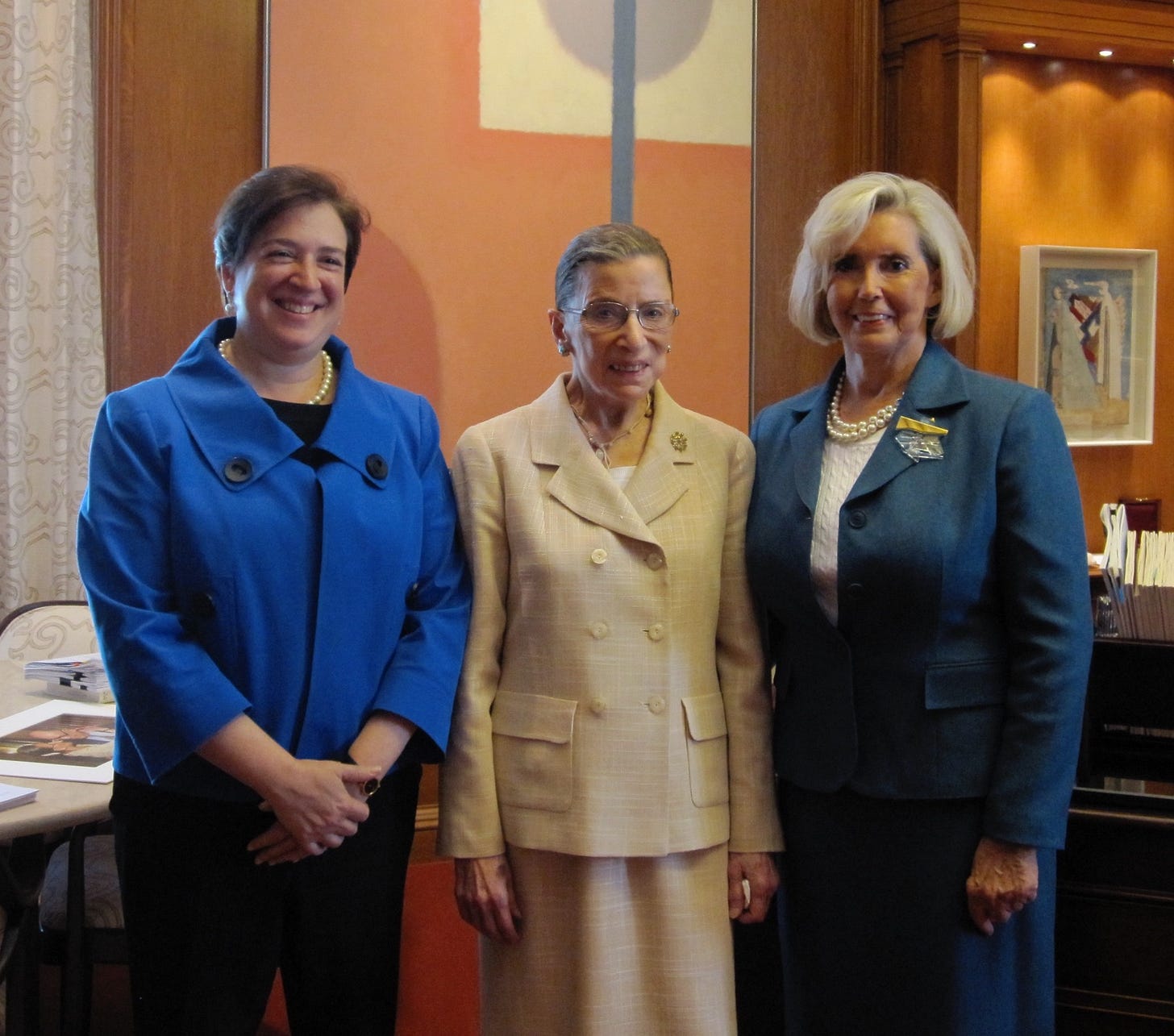
After the bill was passed, Lilly dedicated her life to speaking and educating different groups about pay equity, which she believed wasn’t only a women’s issue but a family issue. She always emphasized to young audiences the importance of thinking about their retirement the minute they set foot in the workplace. She reminded us that women often outlive men and that pay equity was an issue reverberating from Wal-Mart to Wall Street. She taught us about the collective power of women. It’s through the Lilly-like determination of director and screenwriter Rachel Feldman, who has dedicated the last 15 years to bringing Lilly’s character to life on the big screen with the support and funding of many successful women across this country, that culminated in the premiere of the movie LILLY two days before Lilly passed.
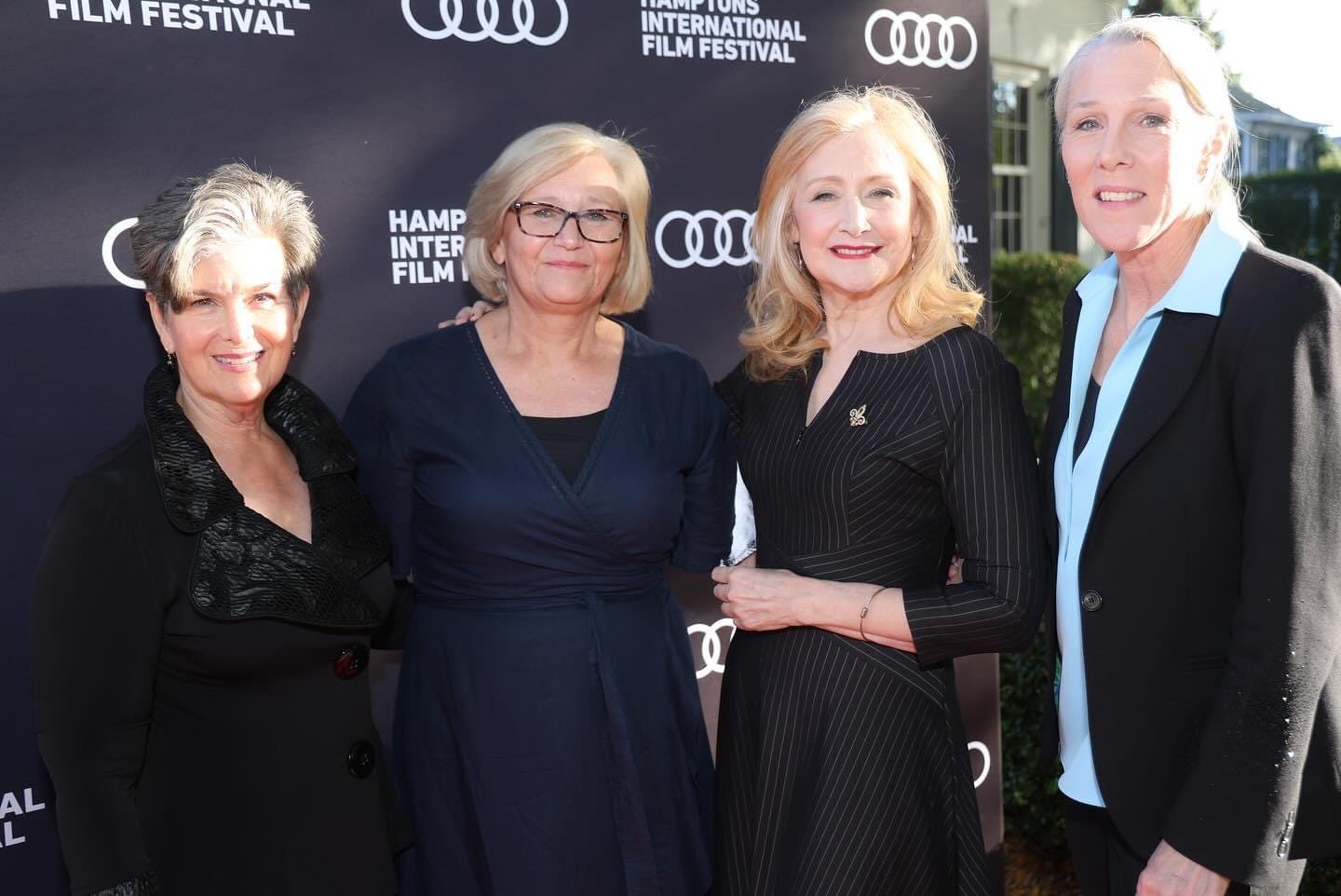
Through her strength of character, love for her family, and faith in justice, Lilly persevered and advocated for fair pay for all women in the workplace. Born an ordinary woman, Lilly will stand throughout history as an extraordinary champion for equal pay for equal work. Everything Lilly did was for the good of her family, and everything she stood for was for the good of all families.
Anyone who met Lilly fell in love with her southern twang, beauty, and determination to do the right thing. She embodied the true grace and grit of a southern woman who not only worked in a tire manufacturing plant for many years but also won countless ballroom dancing championships at the same time.
Lilly was a friend. Lilly was family. She was an inspiration to all. She forever changed my life and the lives of all American families. I only wish she had lived to vote in this recent election, but now she’s gone. Especially during these precarious times, we must all look to Lilly’s example and stand up for women’s rights which are human rights. We must all do the right thing in the face of impossible odds. Like Lilly, with both grace and grit.
Read the Grace and Grit and go see the movie!




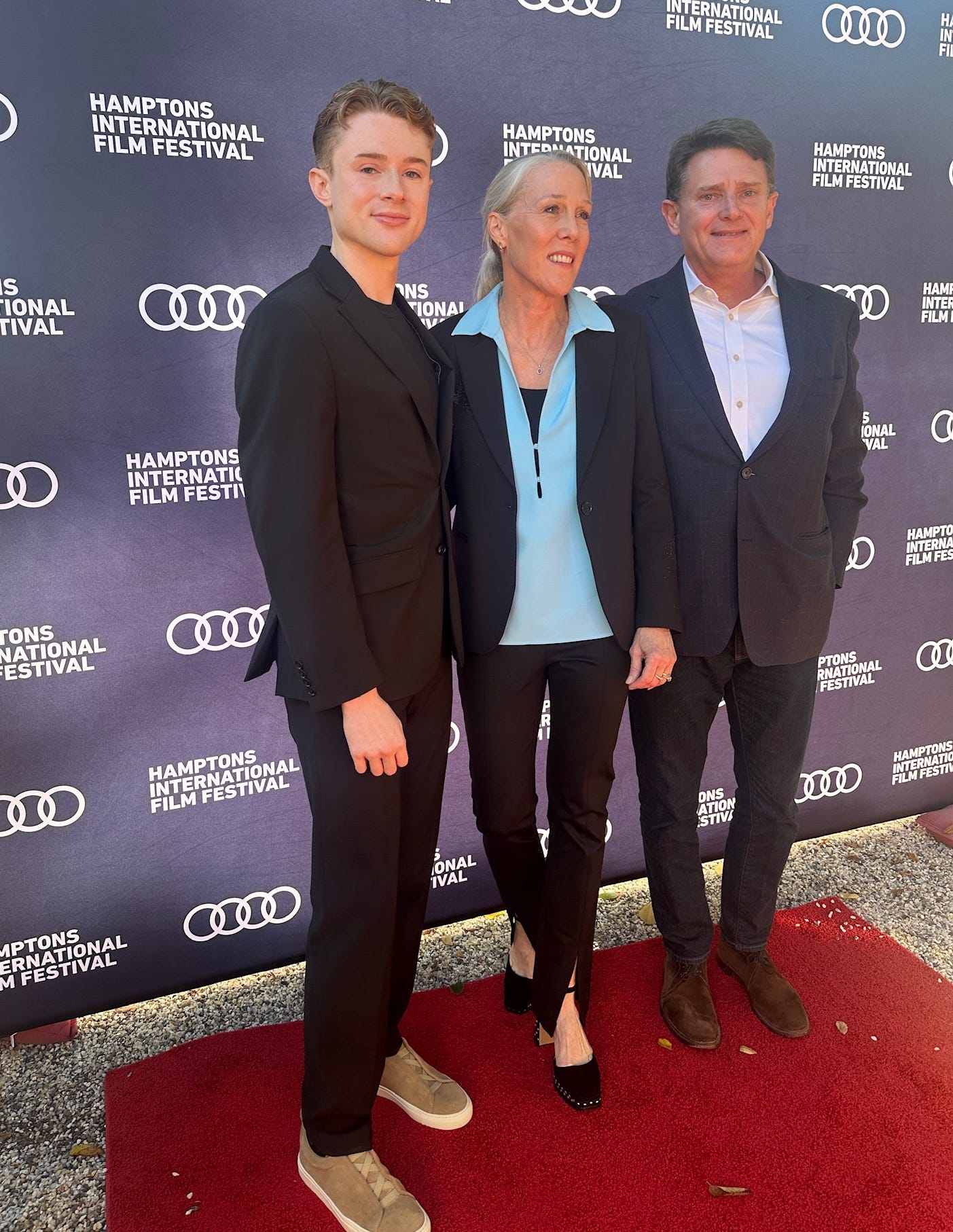

As a woman living 50 miles from Lilly’s hometown, her true grit inspires me. Thank you Lanier for bringing her story to light…especially now as we’re called to stand up for what is fair and life-giving. 💪🫵🏻👏
Such an amazing story, and such an honor that she entrusted it to you. You did a wonderful job with the book!